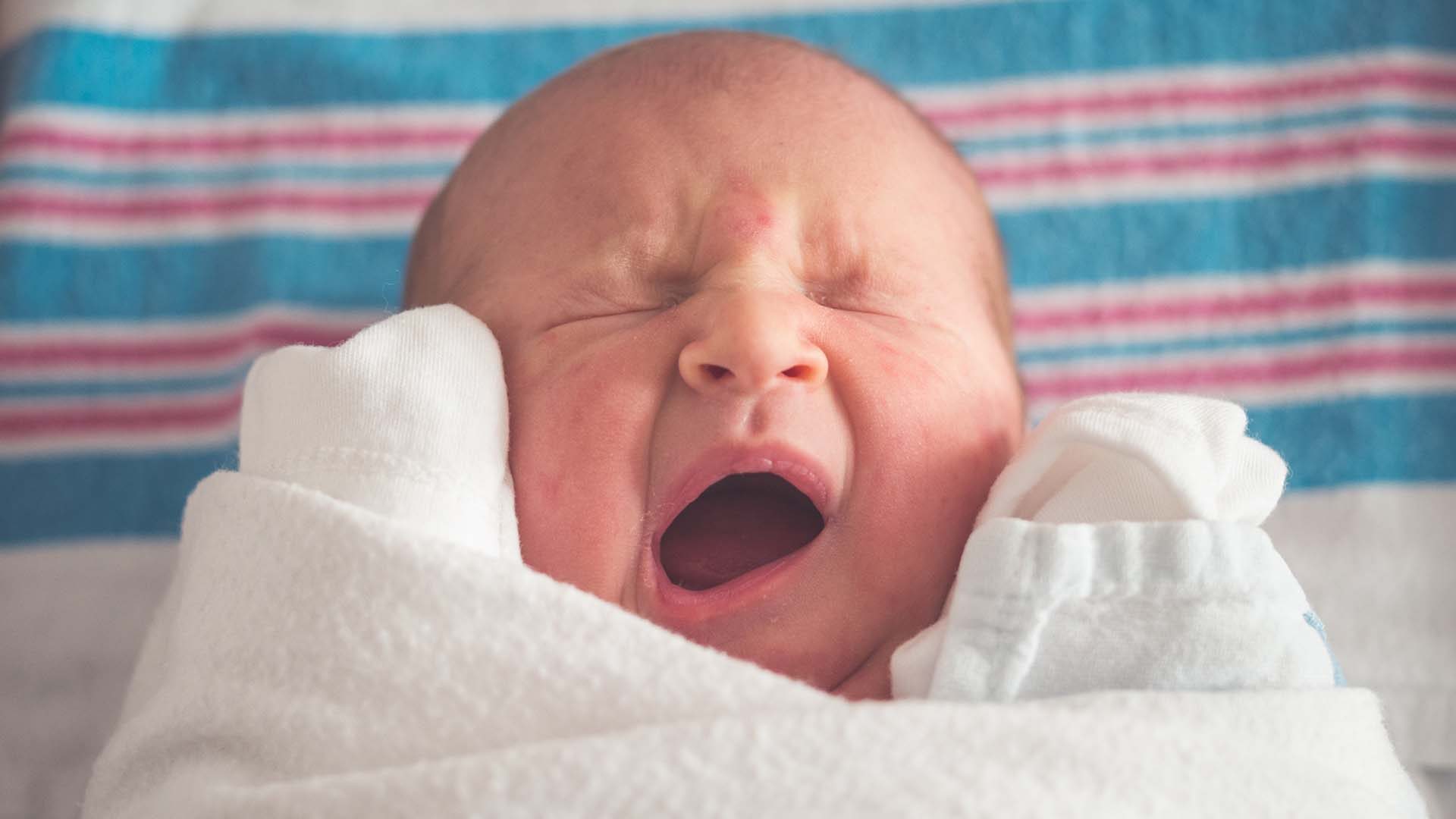It’s that day again—the photos are everywhere on Facebook and Twitter: scrubbed faces, neatly trimmed hair, un-scuffed shoes, and bulging backpacks all heading out the door. The faces in the photos are all smiles—it’s behind the camera where the tears usually spring up, as mothers everywhere faithfully create a steady record of that bittersweet morning when the kids return to school.
Jewish rabbis taught that pregnancy is a mother’s most blessed season. During pregnancy she could know with certainty that her child was safe, warm, nourished, and near—a certainty that would vanish as soon as the child entered the outside world. With a measured inhale, a steady exhale, and a mighty push, she would irreversibly move her child from safety and provision to separation and uncertainty.
The rabbis may not have been far off the mark. Birth is euphoria tinged with the ache of separation, the loss of a kindred closeness. It feels a little like a betrayal of a trust, thrusting a tiny person from a place of relative self-sufficiency to a place of complete dependence. It is undeniably natural and necessary (I’m glad my 15-year-old is not still in utero); nevertheless, we are stunned by the pain it involves and astonished at the amount of adjusting to come to grips with our new reality as a mother.
As the years unfold we begin to understand that we have been introduced to the great truth of pain in childbearing, a pain we naively believed would be confined to labor and delivery, but that visits us at every transition we nurture our children toward: the measured inhale, the steady exhale, the mighty push. And separation. Preschool. Kindergarten. Middle school. High school. College. Career. Marriage. With a familiar aching euphoria, we push them out—from safety and provision to separation and uncertainty. It feels like they would be safer just staying with us, as if safety were the greatest gift we could give them.
Somehow, this painful separation process is for our sanctification as mothers. For years I was not sure what the Bible meant that women would be saved through childbearing, but it grows clearer to me now. I once thought it referred only to giving birth, but its meaning encompasses the span of motherhood. Children are born in an instant, but they are borne across a lifetime. Childbearing saves me because it faithfully (albeit painfully) reminds me over and again that I am weak. It reminds me that I am not self-sufficient, that I do not have what it takes to preserve and protect my children, but that my heavenly Father does. It saves me from the belief that I am God.
Motherhood teaches women the imagery and language of the gospel on an intensely personal level. How appropriate the intertwined imagery of childbirth and the Cross: the necessary spilling of blood for the commencement of life, great loss holding hands with great gain. How appropriate the intertwined language of motherhood and the Great Commission: at the threshold of an unkind world we smile bravely at our children and say “go,” though our hearts may whisper “stay” as the door closes behind them.
My maternal feelings mislead me. There is no betrayal of a child’s trust in sending him out into uncertainty: there is only opportunity to further teach him the one worthy Object of his trust—and to learn the lesson again for myself. To paraphrase a favorite author, I cannot raise my children to be safe, but I can raise them to be strong.
So on such days of transition, I will steady myself to take those precious photos and send those precious children out. Inhale. Exhale. Push. And it will hurt the way great loss holding hands with great gain tends to do. I may cry for a little while after they go, but I will also give thanks for God’s faithfulness—faithfulness in turning the pain of childbearing from a curse to a means of grace. Only he can do that. He can be trusted, and he alone.
